Comet over Broadway

Brief Synopsis
Cast & Crew
Busby Berkeley
Kay Francis
Ian Hunter
John Litel
Donald Crisp
Minna Gombel
Film Details
Technical Specs

Synopsis
While married to Bill Appleton, Eve visits a famous actor in his cottage and is discovered by Bill, who misunderstands Eve's adoration for the performer and, in a fight, accidentally kills him. Bill is sentenced to life imprisonment, and Eve goes into burlesque to support herself and her small daughter, Jackie. Eve's friend, burlesque prima donna Tim Adams, convinces Eve to give Jackie to her so that she can pursue a legitimate stage career on Broadway. Tim rears Jackie as her own, while Eve climbs to stardom and falls in love with theatrical producer Bert Ballin. Eve tries to escape her love for Bert by traveling to London, where she becomes an enormous success. Finally, she confesses to Bert that although she loves him, she has promised to free her husband Bill. With Bert's help, Bill is paroled. Tim tells Jackie who her real mother is in time for the girl to join Eve at the prison gates and await Bill's release.

Director

Busby Berkeley
Cast

Kay Francis
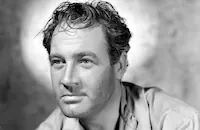
Ian Hunter

John Litel
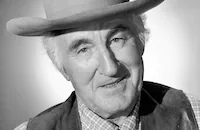
Donald Crisp

Minna Gombel

Sybil Jason

Melville Cooper

Ian Keith

Leona Marical
Ray Mayer
Vera Lewis
Nat Carr
Chester Clute

Edward Mcwade

Clem Bevans

Linda Winters

Jack Mower
Jack Wise
Edgar Edwards
Lester Dorr
Alice Connor
Fern Barry

Susan Hayward
Owen King
Jan Holm
Jerry Fletcher
Ed Stanley

Emmett Vogan
Raymond Brown
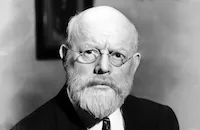
Howard Mitchell
Mitchell Ingraham
Charles Seel
Frank O'connor
Dudley Dickerson
Kay Gordon
Jessie May Jackson
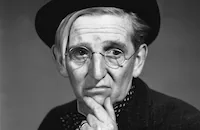
Jimmy Conlin
Sidney Bracy
Allan Cavan
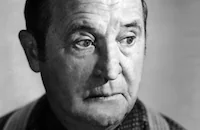
Frank Orth
Henry Otho
Victoria Elizabeth Scott
Loia Cheaney
Janet Shaw
Crew
Robert Buckner
Frank Cavett
Bob Cowan
Fritz Falkenstein
John Farrow
Ruby Felker
Leo F. Forbstein
Bryan Foy
Bud Friend
James Gibbon
Mark Hellinger
James Wong Howe
Madison Lacy
Charles Lang
N. Brewster Morse
Charles Novi
Orry-kelly
H. Roemheld
Russ Saunders
Jack L. Warner
Warren Yaple

Film Details
Technical Specs

Articles
Comet Over Broadway (1938) -
By Richard Harland Smith

Comet Over Broadway (1938) -
Quotes
Trivia
John Farrow took over directing duties when Busby Berkeley was hospitalized.
Used stock footage from I Found Stella Parish (1935).
Both William Keighley and Edmund Goulding turned down the job of directing this movie, and Bette Davis refused to play the lead. Miriam Hopkins was originally cast in the lead, but was replaced by Kay Francis when she became ill. Janet Chapman was originally cast as "Jackie" but was replaced by Sybil Jason.
Henry Otho and Loia Cheaney are listed in studio records as actors in this film, but were not seen in the print.
Notes
The studio used stock footage from Kay Francis' 1935 film I Found Stella Parish. Warner Bros. records indicate that Comet Over Broadway began as an "A" picture, but when directors William Keighley and Edmund Goulding turned it down, the project was shelved. Then Bryan Foy took over the production in the "B" unit. Warner Bros. again shelved plans for production of the film when Bette Davis refused to play the lead. Miriam Hopkins was cast as the lead, but when she became ill, Kay Francis replaced her. Sybil Jason replaced Janet Chapman and John Farrow filled-in for Busby Berkeley while the latter was in the hospital. Screen credits list Faith Baldwin's story as the screenplay source. Studio correspondence, on the other hand, indicates that although the original script was based on Baldwin's story, Foy later abandoned that script and wrote an original story which he entitled Curtain Call, which was also the working title of the film. The producers returned to Baldwin's original title when the film was released.















